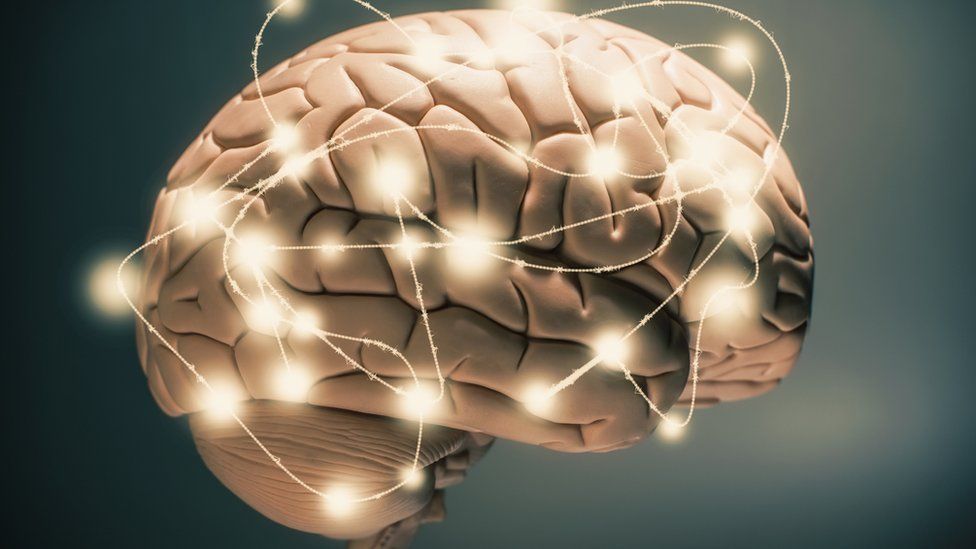
A study says that psilocybin, a psychedelic, appears to free up the brains of persons with severe depression in a manner that other antidepressants do not. The substance psilocybin is present in magic mushrooms.
The findings were based on brain scans of 60 patients. They suggest that the medicine could treat depression in a novel way, according to the researchers.
Psychedelics are one of the important research topics for the treatment of a variety of mental illnesses. Patients suffering from depression are advised against using psilocybin on their own.
A synthetic version of the drug is tested on humans in clinical trials in rigorous medical settings. Humans received expert psychiatric assistance before, during, and after administration.
The current findings on psilocybin are “exciting” and “important,” according to Prof David Nutt, study author and head of Imperial College London’s Centre for Psychedelic Research.
According to him, depression can cause the brain to become trapped in a rut and locked into a negative pattern of thinking.
Greater connections between brain regions
People’s brains opened up and became “more flexible and fluid” up to three weeks after receiving psilocybin.
When patients were scanned, greater connections between brain regions could be identified. These patients had a higher chance of improving their mood months later.
People on a typical antidepressant did not experience similar changes in their brains.
“This supports our initial predictions, and confirms psilocybin could be a real alternative approach to depression treatments,” Prof Nutt said.
Psychedelic is a kind of hallucinogenic substance that alters a person’s thoughts, sense of time, and emotions by affecting all of their senses.
One must consume traditional antidepressants daily. But one may only consume psilocybin once or twice to have the same impact. But additional research on more patients for longer periods is in need to prove this.
The findings come from two investigations and Nature Medicine published them. Firstly, everyone got psilocybin; in the second, a randomized controlled experiment, some people got the drug and others got a different antidepressant.
Psilocybin therapy
In addition, all of the participants got talking therapy from licensed mental health specialists. Brain scans happened before and after the therapy, one day or three weeks afterward.
Prof Robin Carhart-Harris, the senior study author, said: “We don’t yet know how long the changes in brain activity seen with psilocybin therapy last, and we need to do more research to understand this.
“We do know that some people relapse, and it may be that after a while their brains revert to the rigid patterns of activity we see in depression.”
Previous research had found that psilocybin therapy reduced depressive symptoms, but the researchers weren’t sure how or why it worked.
They now aim to see if their notion of brain connectivity alterations applies to other mental diseases, such as anorexia.






